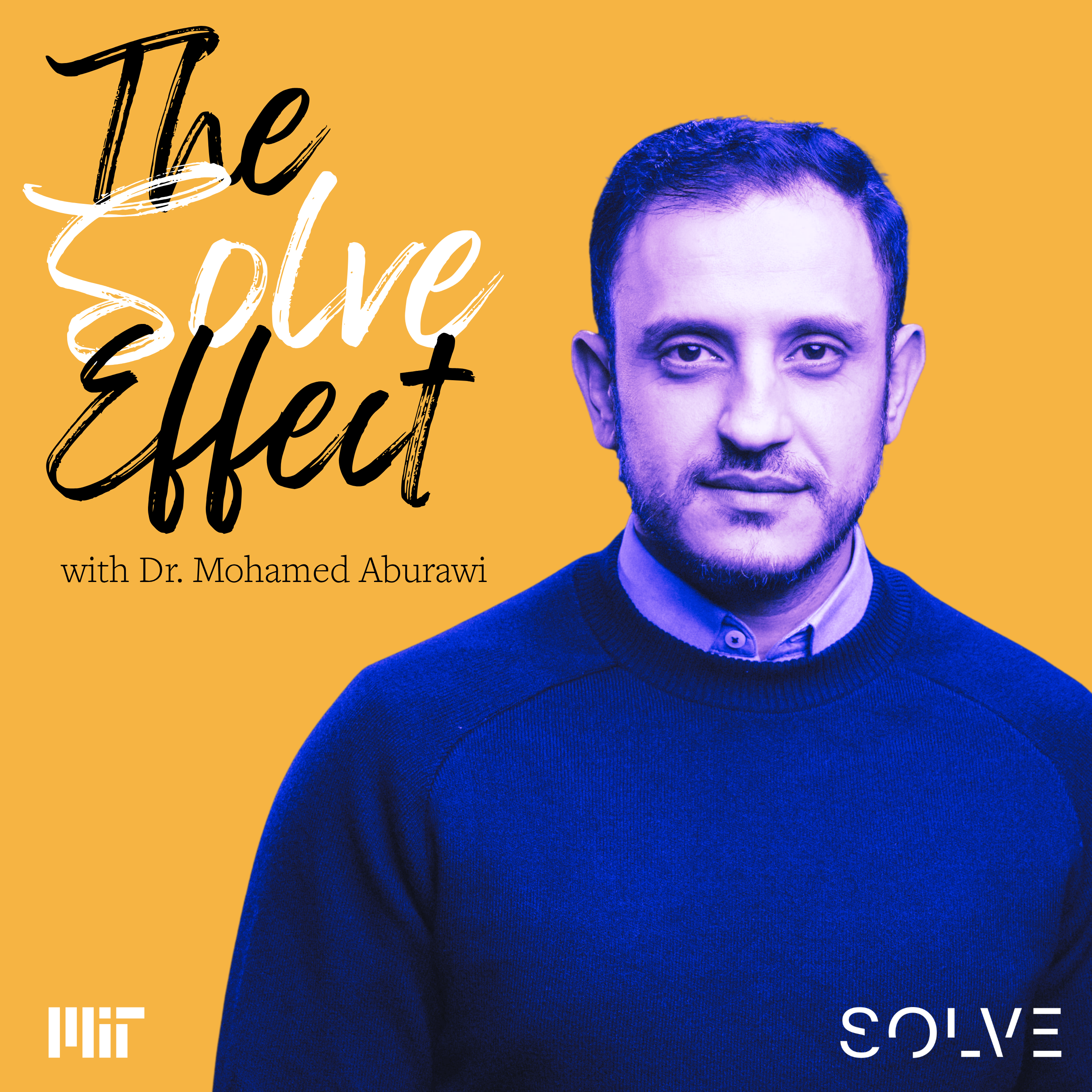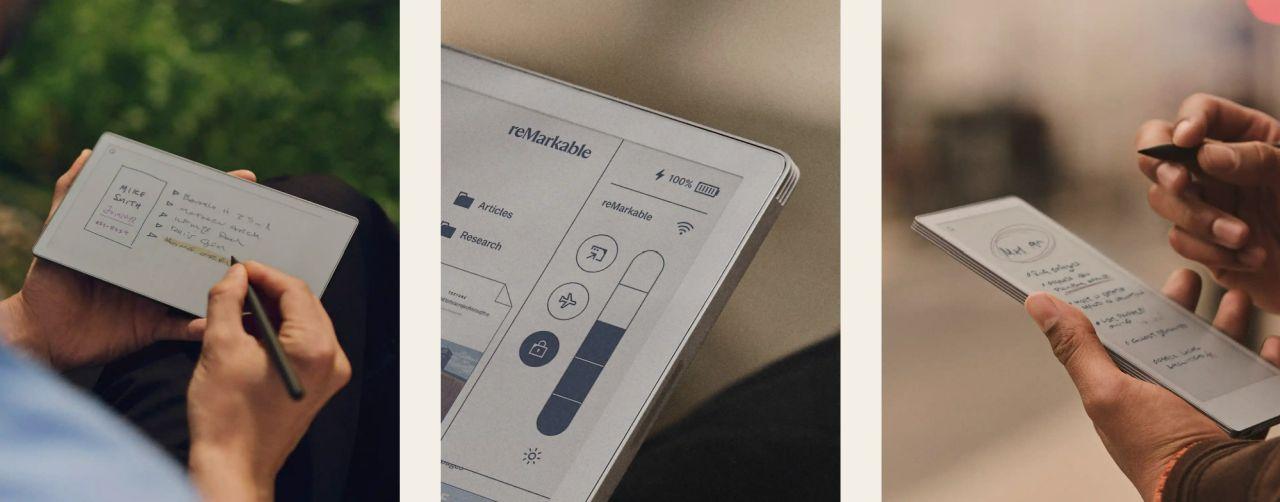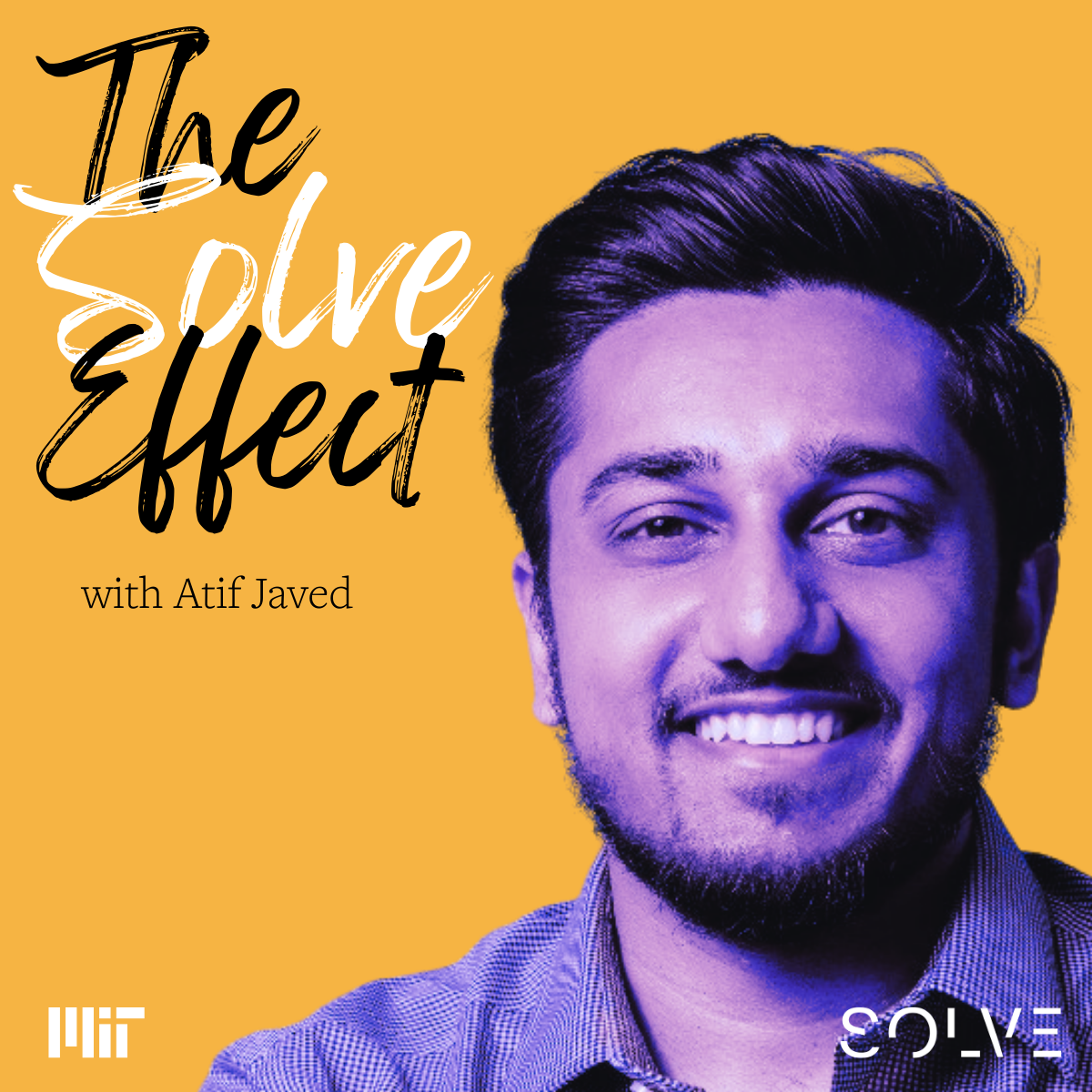
Hello Tomo: The Unique App Crowdsourcing Mental Health Support
According to the World Health Organization, more than 300 million people suffer from depression globally. Depression is the leading cause of disability worldwide, and it’s a major contributor to the overall Burden of Disease, which measures the impact of health problems.
There are several effective psychological and pharmacological treatments for depression, yet fewer than 50 percent of depressed people receive treatment. In some countries, this drops to 10 percent. Barriers to treatment often include a lack of resources, a dearth of trained healthcare providers, and social stigma of mental disorders.
Inadequate funding for mental health increases these barriers. According to the 2014 Mental Health Atlas, governments spend on average only three percent of health budgets on mental health—ranging from less than one percent in low-income countries to five percent in high-income countries.
The Case for Investing in Depression Therapy
With estimated costs amounting to $147 billion globally, scaling depression treatment would be a huge undertaking—but it would be well worth it. The returns in labor force participation and productivity are valued at $399 billion globally, and improved health adds another $310 billion in returns.
However, training and deploying enough mental health professionals to help those with depression could take decades. Inspired by his own struggle with depression, Solver Fahad Al Saud wanted a simpler—and more immediate—way to expand access to mental health support.
Just a few months into his dream job in academia, Al Saud was diagnosed with major depressive disorder. He began a combination of psychological and pharmacological therapies and ultimately made a full recovery. But he knew many others wouldn’t have access to the same resources.
In response, he co-founded Tomo, a mobile chatbot that provides personalized mental health support. The app automates the iterative process of behavioral activation therapy, a clinically proven psychological treatment, to help users manage healthy habits, increase resilience, and speed up depression recovery.
How Behavioral Activation Therapy Works
When depressed, people often disengage from their routines. They may lose interest in hobbies, withdraw from friends, change their sleep patterns, or increase alcohol consumption. Over time, these habits actually worsen depression, as people lose the opportunity to experience the positive feelings they get from enjoyable activities and social connections. This creates a vicious cycle: as disengagement increases, depression worsens, leading to further disengagement.
Behavioral activation therapy is based on the belief that depression stems from a lack of positive experiences. To beat depression, people must replace negative, avoidant habits with healthy, positive habits such as going to the gym, spending time with family, or completing a productive chore. By increasing positive experiences, depression symptoms begin to fade.
While behavioral activation is proven to reduce symptoms, breaking these negative habits is challenging. When you’re exhausted and depressed, it’s easier to stay home than muster the energy and motivation to go out with a friend. Negative habits provide relief in the short term, so it’s difficult to stick to positive habits that make you feel better in the long term.
Social support is critical for successful behavioral activation therapy, and it’s one of the strongest tools for helping people change their actions.
Tomo’s Approach to Mental Health Support
That’s what makes Tomo unique. Tomo combines behavioral activation therapy with community support, making it easier for users to establish new behaviors.
Tomo connects users in an anonymous, distributed buddy system. Users select habits they’d like to build, and as they complete tasks, they share photos as social proof. Other users then validate the action by commenting on and liking the photos, encouraging positive behavioral change.
Furthermore, since Tomo lives on a mobile phone, it’s accessible to those outside the reach of brick-and-mortar healthcare: refugees, the homeless, or people in healthcare deserts. Tomo is a supportive community that builds resilience together—anywhere, anytime, and for anyone.
Feeling inspired? Find out how you can support Solver teams like Al Saud’s by joining our community as a Solve member.
Fahad Al Saud pitches Tomo at the Solve Challenge Finals in the Brain Health Challenge, September 17, 2017. (Photo by Samuel Stuart / MIT Solve)
Tags:
- Membership
- Health
Related articles
-
A Visionary Healthcare Innovator: Dr. Mohamed Aburawi on Tech, Healthcare, and Impact Investing
In the newest episode of The Solve Effect, Dr. Mohamed Aburawi shares how building in crisis can spark innovation that lasts.
-
Powered by Purpose: E Ink’s ePaper Technology Takes Aim at the World’s Toughest Problems
Because it draws power only when an image changes—and none at all while static—ePaper reduces energy consumption by orders of magnitude. That single breakthrough unlocks net-zero transit signs, off-grid medical notebooks, and other applications that traditional screens simply can’t power sustainably.
-
The Solve Effect Podcast - Episode 4 - A Tech Maximalist: Atif Javed on Human Connection Through Technology
What happens when a childhood experience becomes the seed for a global movement? In this episode of The Solve Effect, host Hala Hanna sits down with Atif Javed, co-founder and Executive Director of Tarjimly, a nonprofit that connects tens of thousands of volunteer translators with refugees and displaced people worldwide.